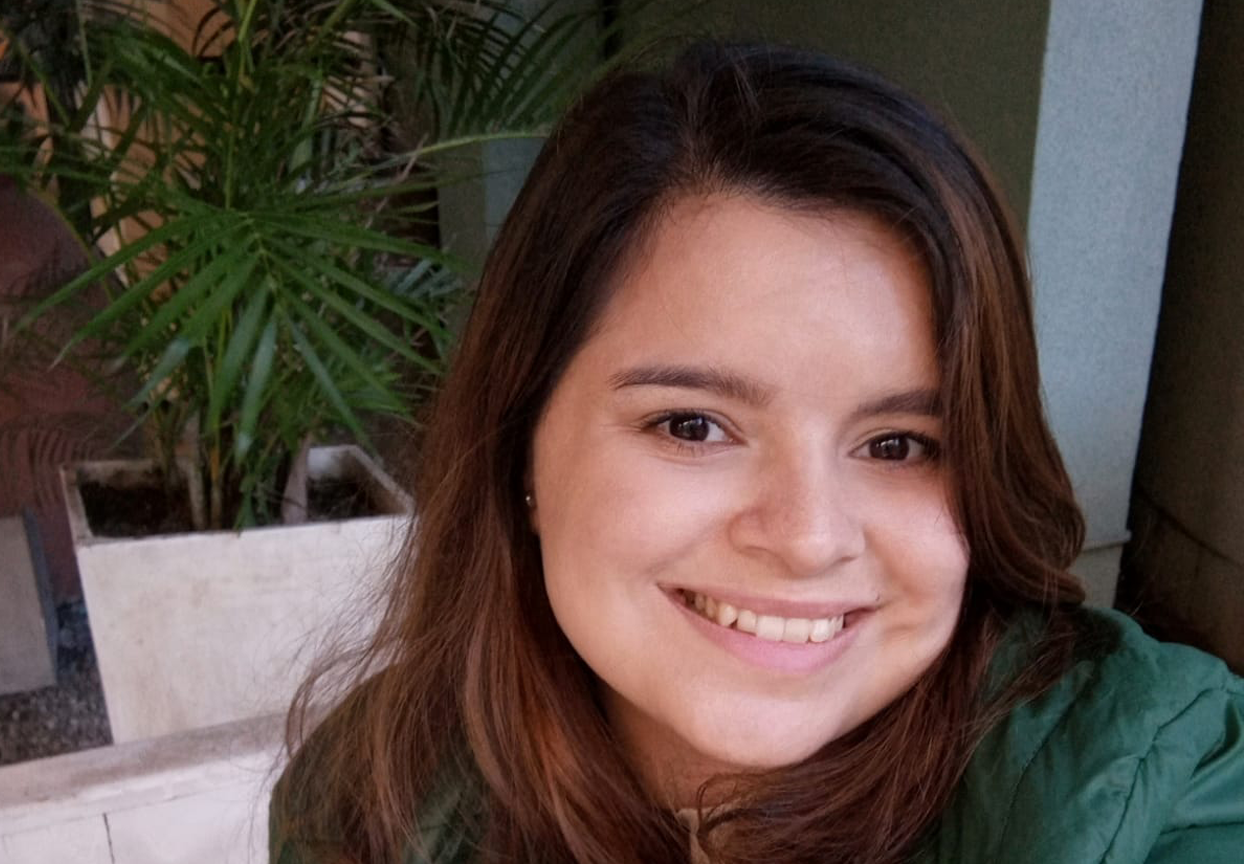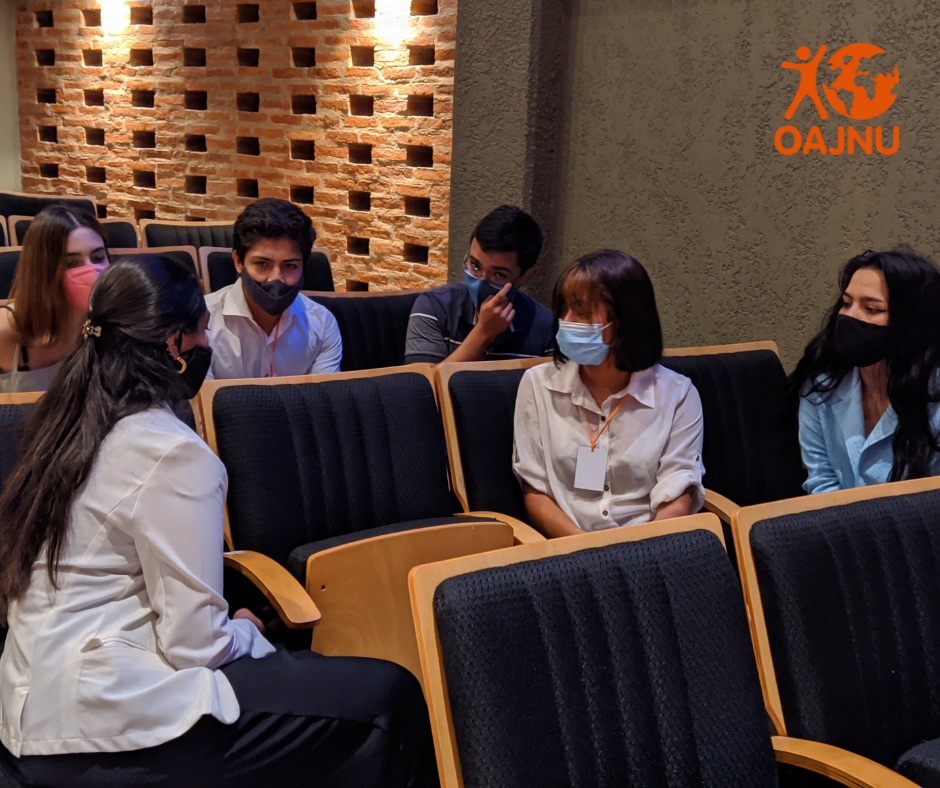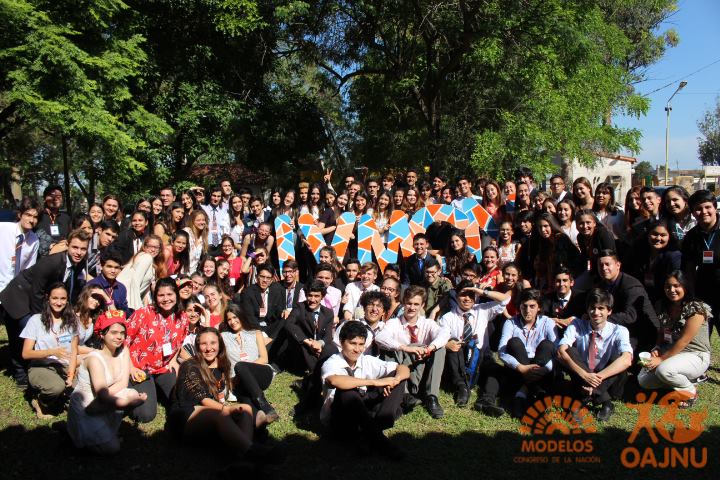María Victoria Martínez: "Youth plays a leading role in social empowerment, their participation in peacebuilding and sustainable recovery in the face of crises."
María Victoria Martínez is 24 years old and is studying law. She is the executive director and impact secretary of the permanent representation of the Argentine Youth Organization for the United Nations (OAJNU) in Chaco, a province in northeastern Argentina. For the past six years, she has been a member of this non-profit NGO with over 500 volunteers between the ages of 18 and 30 who work in eight provinces throughout the country to empower more than 14,000 young people to build a more inclusive, democratic, and rights-promoting society.
One of the projects they carry out is the United Nations Model, a simulation of the UN bodies, in which the participants assume the role of representatives of different countries. With UN Women's support, OAJNU Chaco will organize a simulation of the Executive Board of the UN Entity for Gender Equality and the Empowerment of Women for the first time on the 19th and 20th of August 2022. University students will assume the diplomatic role of representing a country and discuss issues of the gender agenda and women's empowerment and diversities at the international level. The target audience is young people from 17 to 25 years old from Resistencia, Chaco, and surrounding provinces, who will debate the feminization of poverty (inequality in care tasks) and political violence (harassment of female public figures).
Date:

What is the role, and why is youth participation important in peacebuilding and sustainable recovery from crises?
Youth play the leading role in social empowerment, participating in peacebuilding and sustainable recovery in the face of crises. It is essential to have a broader vision of educational, social, cultural, ecological, and economic development, in which the search for comprehensive solutions focuses mainly on cultural conversion.

How can intergenerational solidarity be promoted for building a culture of peace and sustainable recovery for the achievement of the SDGs?
Promoting cultural exchanges and interventions in schools and institutions through workshops, lectures, forums, debates, or projects created by and for young people to develop their competencies and socio-emotional skills. Being visible, tangible, and measurable, when they are provided with a space for listening and support, they become active agents of peacebuilding, recovery, and resilience.

How can we promote more significant youth participation in constructing more peaceful societies with gender equality, inclusion, and sustainability?
One of the cornerstones of building a vocation of service is volunteering. Both young people and adults are moved by the same convictions in different spaces, in different ways, and with different objectives. We propose to expand their capacity to take control of their lives, develop their self-esteem, awareness of their capabilities and rights, and critical thinking, enhancing their influence on the environment around them.
| The opinions are the author's responsibility and do not reflect an official position of UN Women or any other agency of the United Nations System. |